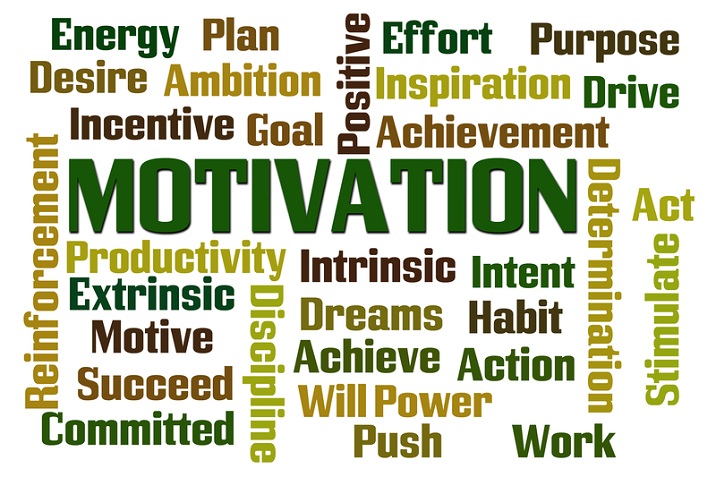
- Employee Motivation - Home
- Employee Motivation - Introduction
- Motivating Factors
- Employee Motivation - Tips
- Employee Motivation - Importance
- Psychological Approach
- Maslow's Hierarchy of Needs
- Herzberg's Theory
- Object Oriented Theory
- Reinforcement Theory
- Behavior Modifications
- Expectancy Theory
- Employee Motivation - Setting Goals
- SMART Goals Setting
- Personality Trait Theory
- Employee Motivation - On the Job
- Employee Motivation - Key Factors
- Self-Motivation
Personality Trait Theory
Personality Trait Theory of employee motivation has a considerable relevance in modern day management system. Personality refers to a set of qualities or characteristics that form an individuals distinct character.
To be precise, the personality of an employee matters a lot when he/she is involved in realizing the organizations goal. Neither carrot nor stick policy will do the expected. The job assigned to a worker must suit to his personality or characteristics because motivation of the worker depends is emanated from his personal likes and dislikes.
Employee Motivation by Personality
After decades long study of research paper by various behavioral scientist to create a theory to explain why people perform what they perform at work. As per Mount and Lis theory, personality of employees belongs to high-order goals they strive to attain in their lives.
When features associated with the assigned job are in tandem with their high-order goals, the employees find themselves more productive and efficient. If the job of the employee allows him or her towards one of those higher order goals like status, autonomy, achievement and communion or fame, they are highly motivated to act more energetically as they find a level of psychological fulfillment.
Mount and Li use Five Factor Model to describe human personality. They are as follows −
- Extroversion/introversion
- Agreeableness
- Conscientiousness
- Emotional stability
- Openness to experience
Employee Motivation and Morale
Morale refers to an overall climate prevailing among the members of a group, organization or in society in larger sense. If the members appear happy and satisfied, there exists a high morale; on the other hand, if they are revolting, irritated and quarrelsome at the drop of the pin there exist very low morale in an organization. To be precise morale is the feeling of the employees regarding the organization and its environment.
Morale is by product of motivation. In the presence of it, employees give their better performance and prove themselves productive, on the other hand, in the absence of it they put up performance below expectation.

In short, morale is a fusion of employees manifestation, behaviors and attitudes, of views and opinions - all taken together in their work scenarios, exhibiting the employees feelings towards work, working terms and relation with their employers. Morale of an individual is linked with the motivation for reaching the goals successfully.
Two States of Morale
High Morale and Motivation results in −
- Good teamwork and greater motivation
- Increase in productivity and efficiency
- Organizational Commitment and a sense of belongingness in the employees mind
- Immediate conflict identification and resolution
- Effective communication in the organization
- Healthy and safe work environment
Low Morale and Motivation results in −
- Employees frustration
- Greater grievances and conflicts in organization
- Lack of motivation
- High rate of employee absenteeism and turnover
- Dissatisfaction with the superiors and employers
- Poor working conditions
- Decrease in productivity